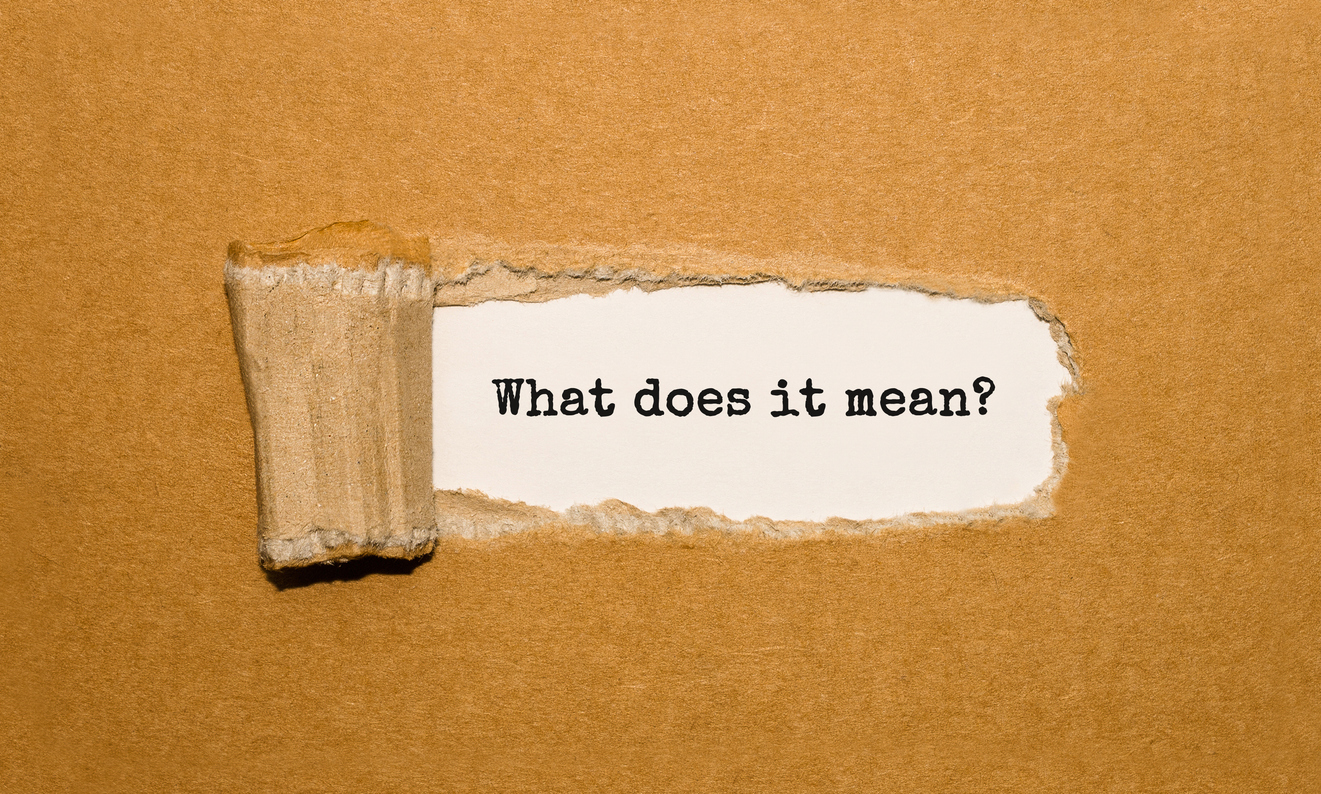As we enter the month of June, summer is here. In Florida especially, this means most days will be filled with afternoon rain and thunderstorms. Some property insurance policies may contain an exclusion where an insurer will not cover a loss “to the interior of any building or structure, or the property inside any building or structure, caused by rain. . . .” In this situation it is important to look at the policy to see if it defines the term “rain” as this may affect whether the loss will be covered.
For example, in Amish Connection, Inc. v. State Farm Fire & Casualty Company,1 rainwater collected in a cast iron drain pipe connected to a mall’s roof drain line. After a rainstorm, the pipe burst and caused damage to one tenant’s storage space and property contained inside. State Farm denied the policyholder’s claim for damages based upon a policy exclusion for damage “caused by rain.” State Farm argued water from the burst pipe was “rainwater.” In granting summary judgment for State Farm, the trial court stated that “rainwater only has one plain meaning” and suggested the internal drain system in the mall was analogous to an external rain gutter.
On appeal, the Iowa court of appeals reversed the trial court, reasoning the court erred in finding that the rain limitation applied, and noted the distinction between the terms “rainwater” and “rain”:
Here, the policy limits coverage for loss “caused by rain.” The policy does not use the term “rainwater.” The distinction is important. As previously stated, “rain” is water falling in condensed drops from the atmosphere. “Rainwater” is a separate and distinct term meaning “water fallen as rain that has not had an opportunity to collect soluble matter from the soil.” Webster’s Third New Int’l Dictionary (Unabridged) 1876 (1993). The definitions of “rain” and “rainwater,” although similar, encompass two different points in time. As water is falling, it is considered “rain.” After it has fallen—and, as here, been collected on a rooftop and channeled into pipes for transport to a storm sewer—it is considered “rainwater.” As one court noted:
“Rain” is ordinarily and commonly thought of as water falling from the sky. After it stops falling, one does not say that it is “raining” although there may still be wet sidewalks and streets, puddles of water resulting from the rain, or water running through gutters and elsewhere as a result of the rain. It is not common or usual to say in such instances that it is still raining…. If, by definition, “rain” remains “rain” after it stops falling, then the water in streams and lakes, coming from household faucets, etc. is “rain” since it originated, partly at least, from water that fell from the sky. State Farm Fire & Cas. Co. v. Paulson, 756 P.2d 764, 767 (Wyo.1988) (holding that “rain” became “surface water” upon striking the earth, and therefore, water that entered the building through a broken window was excluded under a “surface water” exclusion); see also Unobskey v. Cont’ l Ins. Co., 147 Me. 249, 86 A.2d 160, 164 (Me.1952) (noting that in an insurance policy excluding damage “caused by rain,” the exclusion would not apply to “damage caused by running surface water from rainstorm”). While the water emitting from the burst pipe may fall within the definition of “rainwater,” it does not fall within the definition of “rain”. Because loss caused by “rainwater” is not excluded or otherwise limited under the policy, the district court erred in interpolating the term “rainwater” into the policy and concluding the interpolated term was unambiguous.
* * *
“Rain” is not a defined term in the policy. “Words that are not defined in the policy are given their ordinary meaning, one that a reasonable person would understand them to mean.” Bituminous Cas. Corp. v. Sand Livestock Sys., Inc., 728 N.W.2d 216, 220–21 (Iowa 2007) (citation and internal quotation marks omitted). The ordinary meaning of “rain” is well understood. Gene Kelly sang in it. Noah sailed through it. It is water falling from the sky. The common understanding of “rain” is reinforced by reference materials. See Merriam Webster, http://www.merriam-webster.com/dictionary/rain (last visited January 7, 2014) (defining “rain” as “water falling in drops condensed from vapor in the atmosphere”); Webster’s Third New Int’l Dictionary (Unabridged) 1876 (1993) (same). We think it fair to say that a reasonable person standing in the interior of a shopping mall underneath a burst drain pipe would not conclude that he or she was standing in the “rain.” Under the plain language of the policy, Amish Connection’s loss is not limited by the provision on which State Farm relies.
Therefore, the Iowa Court of Appeals held that water emitted from the burst drain pipe was not “rain,” within the meaning of the business policy’s exclusion for loss “caused by rain.”
In closing, here is a clip of Gene Kelly from Singin in the Rain:
//www.youtube.com/embed/D1ZYhVpdXbQ?rel=0



